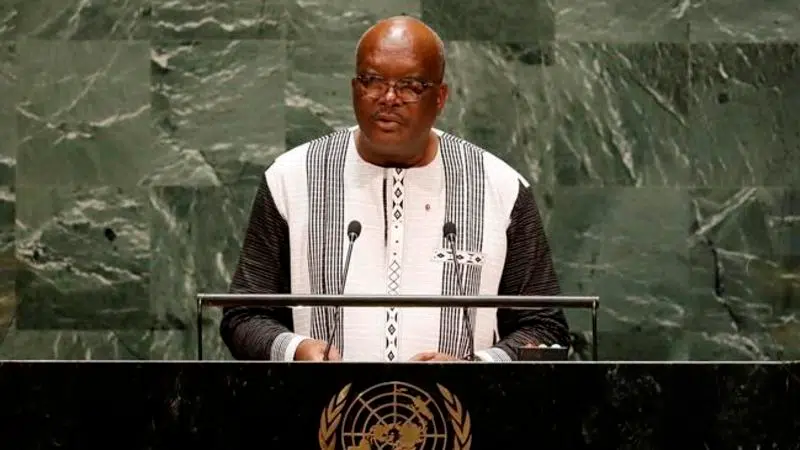
At UN, Africa balances highlighting its progress and poverty
At the modernist U.N. building on New York’s East Side, “United Nations” means the trappings of protocol, the gravitas and pettiness of diplomatic relations, the grandiose speeches and agendas of heads of state. But out in the world — the place where the nations that unite here actually are — the words evoke something different.
In the field, sure, there is still bureaucracy and its maddening assault on language, but there is less showmanship. In the field, to many, the “United Nations” means water wells and mosquito nets and vaccination drives. It means busloads of peacekeepers and truckloads of cooking oil and rice.
One by one this week, African leaders brought the field to the headquarters as they spoke in front of a green marble backdrop and told stories of illiteracy and malnutrition, about people living with HIV and without electricity.
“As I speak, poverty thrives in the least-developed countries,” President Peter Mutharika said Thursday. And sub-Saharan Africa “has more people trapped in poverty than any other part the world.”
